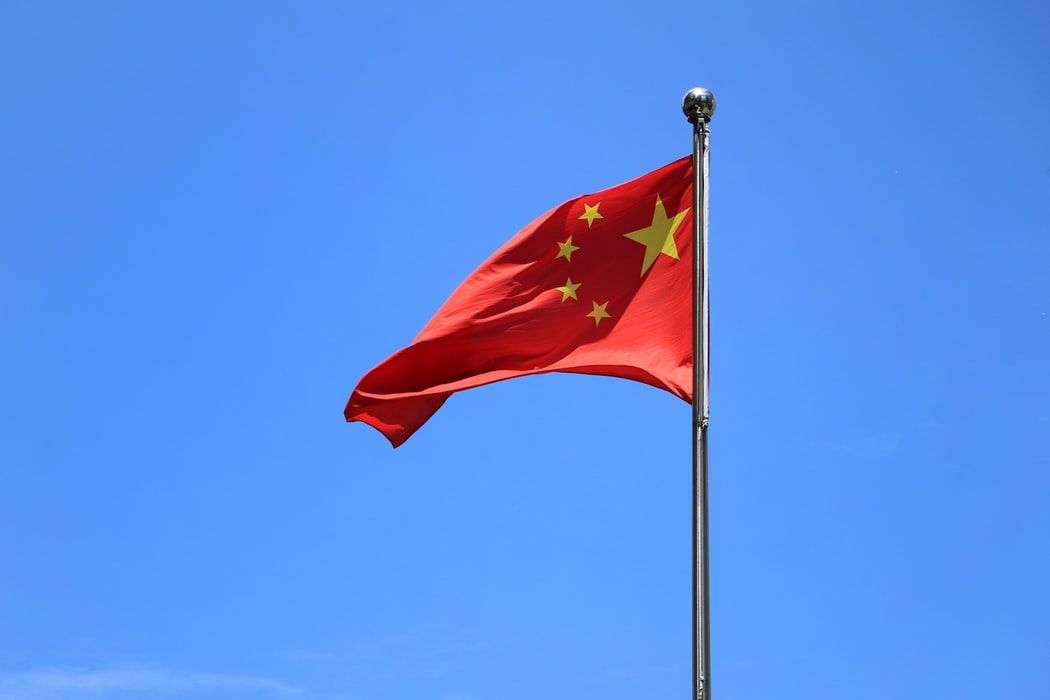Cilta-cel, CAR T-cell Treatment, Named Breakthrough Therapy in China

Legend Biotech and Janssen’s investigational CAR T-cell therapy ciltacabtagene autoleucel (cilta-cel) has been given breakthrough therapy designation in China as a potential treatment of relapsed or refractory multiple myeloma.
Cilta-cel refers to both LCAR-B38M, the name given to the therapy in China, and JNJ-4528, the name by which it is known outside of China.
The decision by the Chinese Center for Drug Evaluation (CDE) of the National Medical Products Administration (NMPA) is meant to accelerate the development and review of therapies with preliminary clinical evidence of greater potential than existing therapies for serious diseases.
“Breakthrough designation recommendation by the China CDE of NMPA represents an important regulatory milestone in the continued development of cilta-cel in multiple myeloma patients,” Frank Zhang, PhD, Legend’s CEO, said in a press release.
“Legend, in collaboration with Janssen, will continue to advance this investigational therapy in China and globally,” he added.
The therapy previously received breakthrough therapy designation from the U.S. Food and Drug Administration and PRIME (PRIority MEdicines) status from the European Medicines Agency for the same indication. It was also designated an orphan drug by regulatory authorities in the U.S., European Union, Japan, and Korea.
Cilta-cel is a type of immunotherapy in which a person’s own T-cells — a type of immune cell — are collected and genetically modified in the lab to better fight cancer, after which they are expanded and infused back to the patient.
Specifically, cilta-cel contains T-cells engineered to produce a man-made chimeric antigen receptor, or CAR, that helps them recognize and kill cells containing the B-cell maturation antigen (BCMA) — a protein found at high levels on the surface of myeloma cells — while leaving healthy cells unharmed.
Breakthrough therapy designation was based on positive data from three Phase 1 and Phase 2 trials — LEGEND-2 (NCT03090659), CARTITUDE-1 (NCT03548207), and CARTIFAN-1 (NCT03758417) — involving adults with relapsed or refractory multiple myeloma.
Data from the LEGEND-2 Phase 1/2 trial, the first-in-human study of cilta-cel involving about 100 patients in China, showed that the therapy was safe and resulted in long-term treatment responses.
After a median follow-up of 19 months, 88% of the patients had responded to treatment, with 74% achieving a complete response (total cancer eradication). Among complete responders, 93% reached minimal residual disease (MRD) negativity, meaning that less than one cancer cell was found per 10,000 white blood cells.
Patients lived without signs of disease progression for a median of 20 months, which was extended to 28 months among those achieving MRD negativity.
Similar positive findings have been reported for the ongoing CARTITUDE-1 Phase 1b/2 study, which is recruit up to 118 patients across the U.S. and in Japan. (Sites in Japan are still enrolling; information is available here.)
Enrolled patients had at least three prior lines of therapy — including a proteasome inhibitor (PI), an immunomodulatory agent (IMiD), and an anti-CD38 antibody — or failed to respond to a PI and an IMiD, and had their disease progress within a year of their last treatment.
During its Phase 1b part, the trial aimed to determine cilta-cel’s optimal dose to be further evaluated in its Phase 2 part.
CARTITUDE-1’s latest data, at a median follow-up of 11.5 months, showed that treatment with a median dose of 0.72 million CAR T-cells per kilogram resulted in strong and durable responses in all 29 participants treated in the first part.
All patients responded to treatment, with 97% of them showing very good partial responses or better, and 81% of 16 evaluable patients achieving MRD negativity by the time they were first suspected to have attained a complete response.
The median time to first response was one month and 86% of patients were alive and continued showing no signs of disease progression after nine months.
Cilta-cel was generally well-tolerated, with the most common adverse events being low white blood cell counts (100%) and cytokine release syndrome, or CRS (93%). CRS, a serious immune reaction that can occur in response to certain types of cancer immunotherapy, including CAR T-cell therapy, was only mild to moderate in most cases.
Three patients died during the first part of the trial: one from CRS, another from acute myeloid leukemia, and one from progressive disease.
The ongoing, confirmatory CARTIFAN-1 Phase 2 study is designed to evaluate the safety and effectiveness of cilta-cel in up to 60 patients with relapsed or refractory myeloma in China. No results have been officially released to date.
Cilta-cel is the first product to be granted a breakthrough therapy designation in China, after it was included in the recently revised Drug Registration Regulation that went into effect on July 1.
In December 2017, Legend entered into a worldwide collaboration and license agreement with Janssen to jointly develop and commercialize cilta-cel for multiple myeloma.






